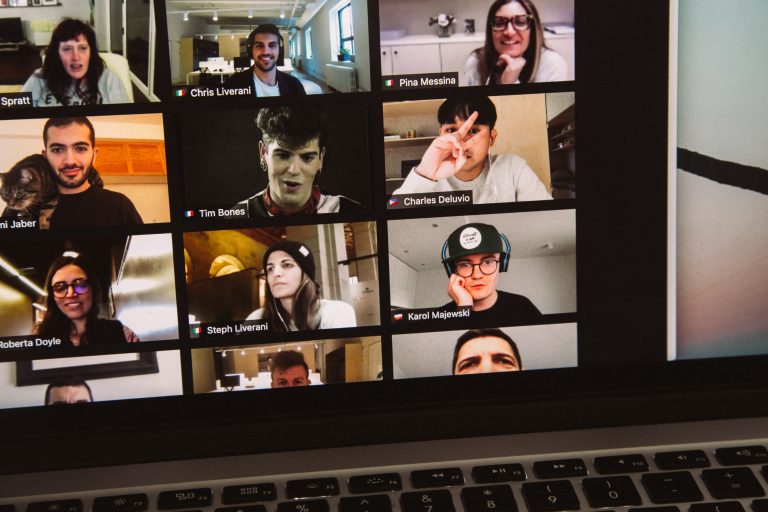After a year of telework, new strategies emerge to remain productive at home. One of them: establish rituals to make our brains believe that we are in the office rather than at home.
Before Christmas, we talked about the “fake transit” trend, where teleworkers went out to take a walk before and after their work day, to mark a break between personal life and their work obligations.
The strategy makes sense given that 44% of teleworkers identify lack of separation between work and private life as the main source of stress in telework.
In his latest radio capsule Des éprouvettes et des hommes, researcher Jean-Éric Ghia suggests taking a step further in order to deceive the brain and make it believe that we really are at work.
“Neuroscience researchers recommend that we deceive our brain by playing tricks on it by giving it indications of work (…) First, every morning, we have to make our brain believe that we are going to work. We must follow the same ritual that we had developed before the pandemic. We get up on time, and especially not later.”
To support his argument, the researcher recalls a study by Western University, saying that if you change your optimal sleep schedule, you can lose productivity.
The morning routine must be complete: time to wake up, shower, work clothes, coffee and go, we get to work. The researcher argues that showering increases motivation and concentration at work (he does not cite a source, but different studies suggest that cold showers have an effect on productivity) and that dressing properly “for work” increases our cognitive performance.
Rigour, rigour, rigour
The advice to “act like you’re actually at work” seems to be offsetting with the “casual” habits that teleworking professionals have developed.
Early in the pandemic, a survey by a dermatology firm in Illinois found that one in three people were “showering less” than usual. In the same survey, 91% of teleworkers admitted to dressing less formally than they would at the office. In another survey, 44.8% of teleworkers cited that not having to dress formally as an advantage of teleworking.
More broadly, telework seems to have opened the door to new behaviours that distract us from a productive day. According to a July 2020 survey, one-third of teleworkers mention playing with their pet or children; 31% clean; and a surprising 44% admit to working while listening to shows on Netflix or on TV!
In this context, a reminder to show more decorum in teleworking can certainly lead us to better remote working practices!




